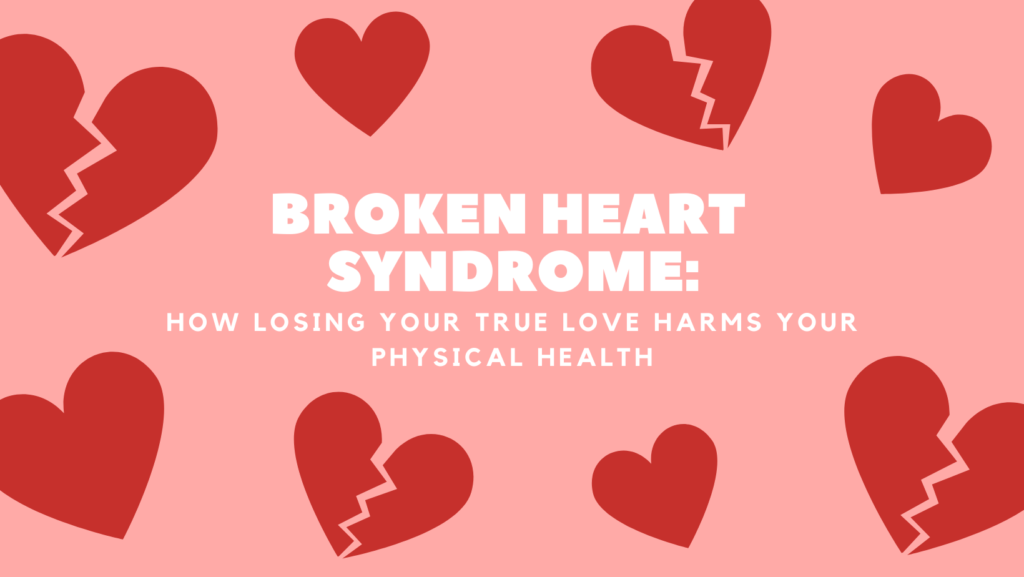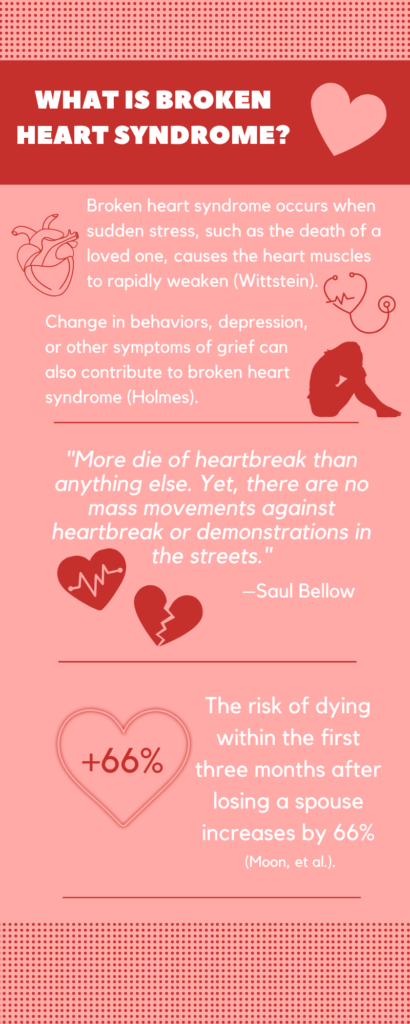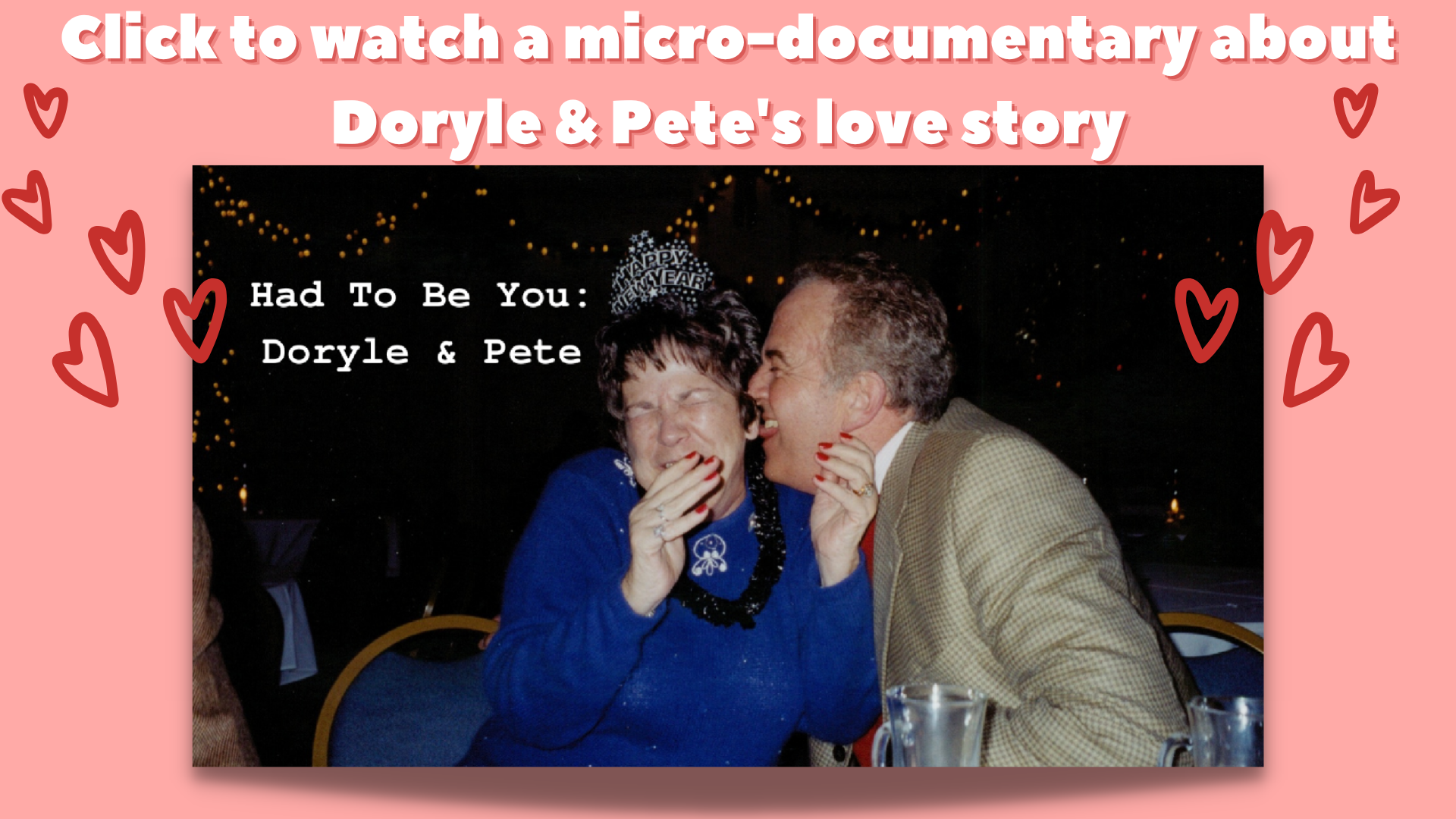

Had To Be You: How losing your true love can physically break your heart
By Sophie Maniscalco
Growing up near each other in St. Louis, Missouri, Doryle and Pete Maniscalco knew each other their entire lives. However, it wasn’t until right after college when they first started dating. A few years passed and they soon were married. Doryle and Pete spent their 52 years of marriage traveling, gambling, throwing parties and spending lots of time with their two kids and four granddaughters.
In October of 2021, Pete passed away and Doryle struggled through the heartbreak of three months without him. On the morning of her granddaughter’s wedding day, Doryle also passed away – some say so she could spend the day with her husband.
Life together was all they had known and, in the months without Pete, Doryle’s heart began to break from the separation and loss.
While some may consider loved ones passing away close together to be a coincidence, there actually is science behind it. “Broken heart syndrome,” also known as “the widowhood effect,” is when a heart physically cannot continue to go on and the muscles begin to shut down (Wittstein). It often occurs following the death of a loved one, as was the case in Doryle and Pete’s story. The unimaginable stress, withdrawal and sadness of losing someone your heart has continuously relied on can eventually cause it to give up.
More research has further shown that broken heart syndrome is not as commonly found in those who died from ongoing diseases, since the loved one had more time to process and prepare for the death (Dahl). However, there was found to be an increase in deaths by accidents and emergencies (Dahl).
After a lifetime of loving someone, it can be hard to imagine your life without them. It may be nice to know that you are not alone in experiencing this and that there is proof and science behind this heartbreak.

Works Cited
Dahl, Melissa. “The Science of Longtime Couples Who Die Close Together.” The Cut, 19 Nov. 2015, https://www.thecut.com/2015/11/science-of-longtime-couples-who-die-together.html.
DiSalvo, David. “More Die of Heartbreak, More Often than You Might Think.” Forbes, 3 Oct. 2012, https://www.forbes.com/sites/daviddisalvo/2012/10/03/more-die-of-heartbreak-more-often-than-you-might-think/?sh=2149e77e17b0.
Holmes, Leonard. “Is the Widowhood Effect Real?” Verywell Mind, Dotdash Meredith, 12 June 2021, https://www.verywellmind.com/surviving-widowhood-4011236#citation-3.
Moon, J. Robin, et al. “Short- and Long-Term Associations between Widowhood and Mortality in the United States: Longitudinal Analyses.” OUP Academic, Oxford University Press, 28 Oct. 2013, https://academic.oup.com/jpubhealth/article/36/3/382/1521696?login=true.
Wittstein, Ilan S. “Broken Heart Syndrome.” Johns Hopkins Medicine, https://www.hopkinsmedicine.org/health/conditions-and-diseases/broken-heart-syndrome.
